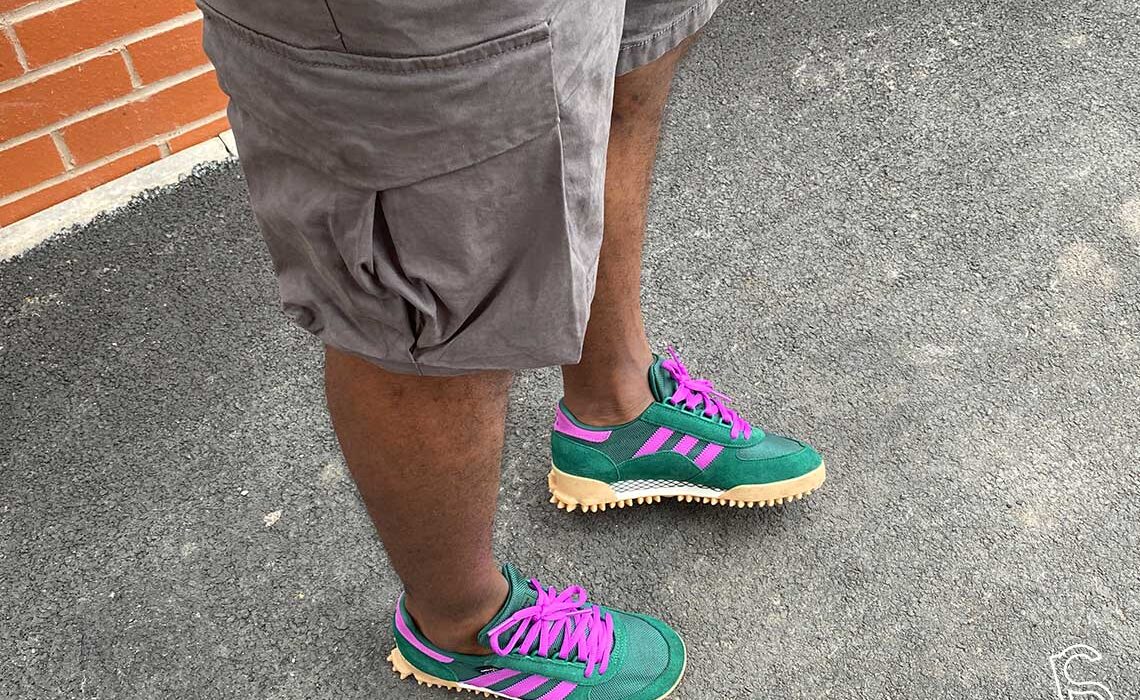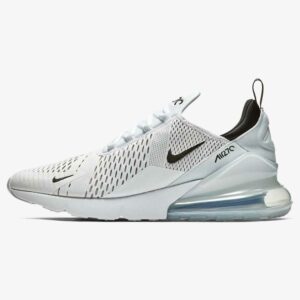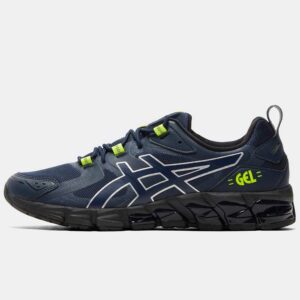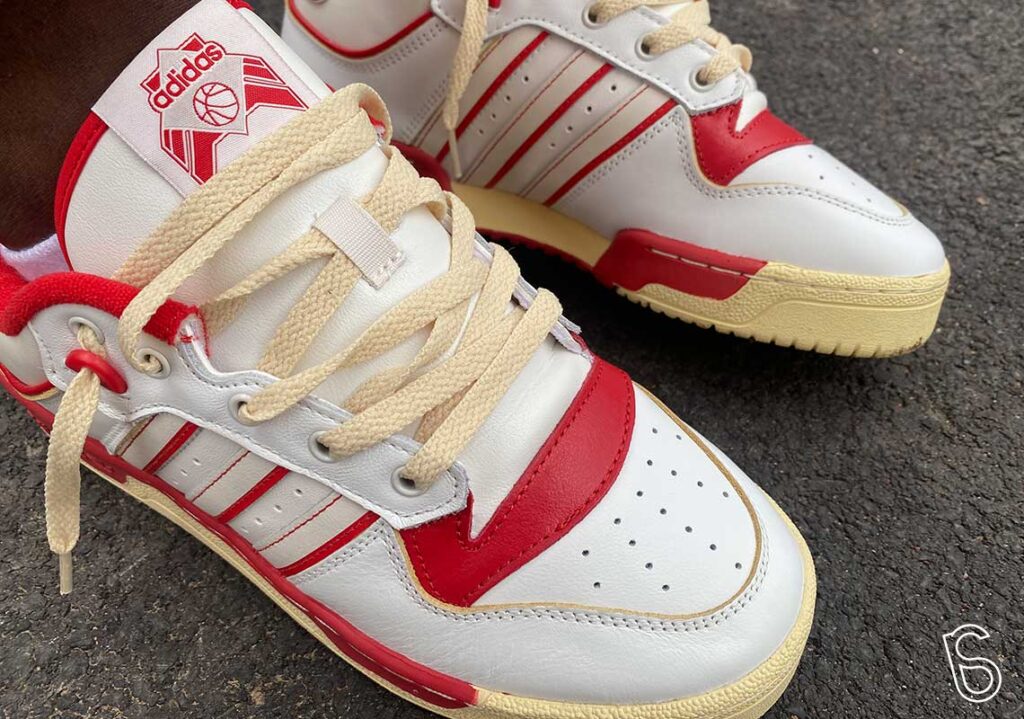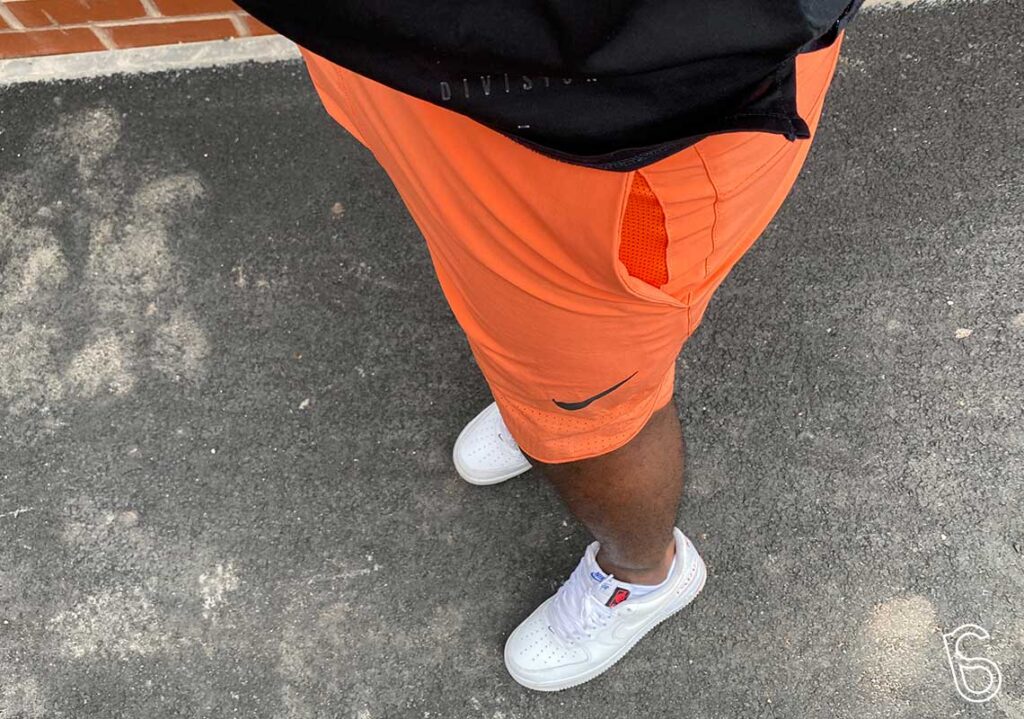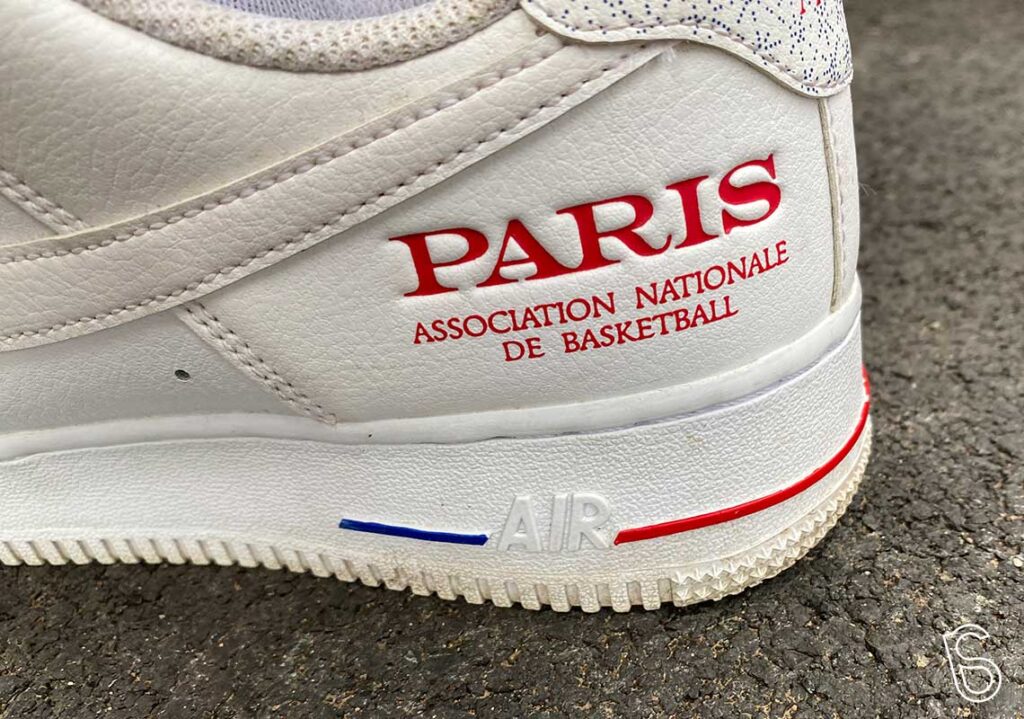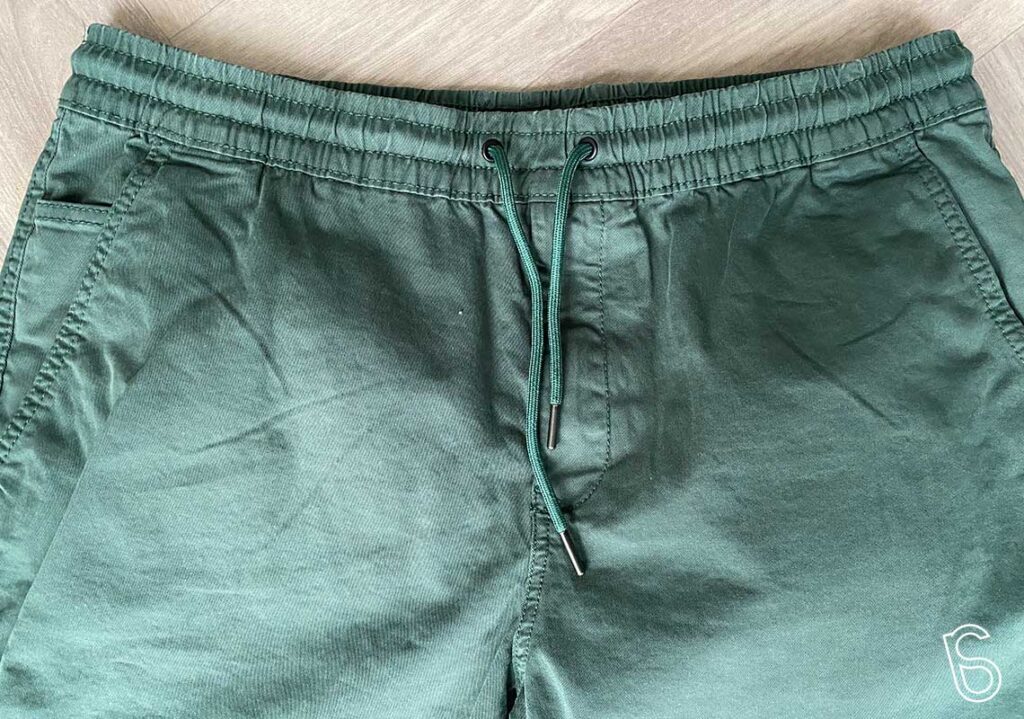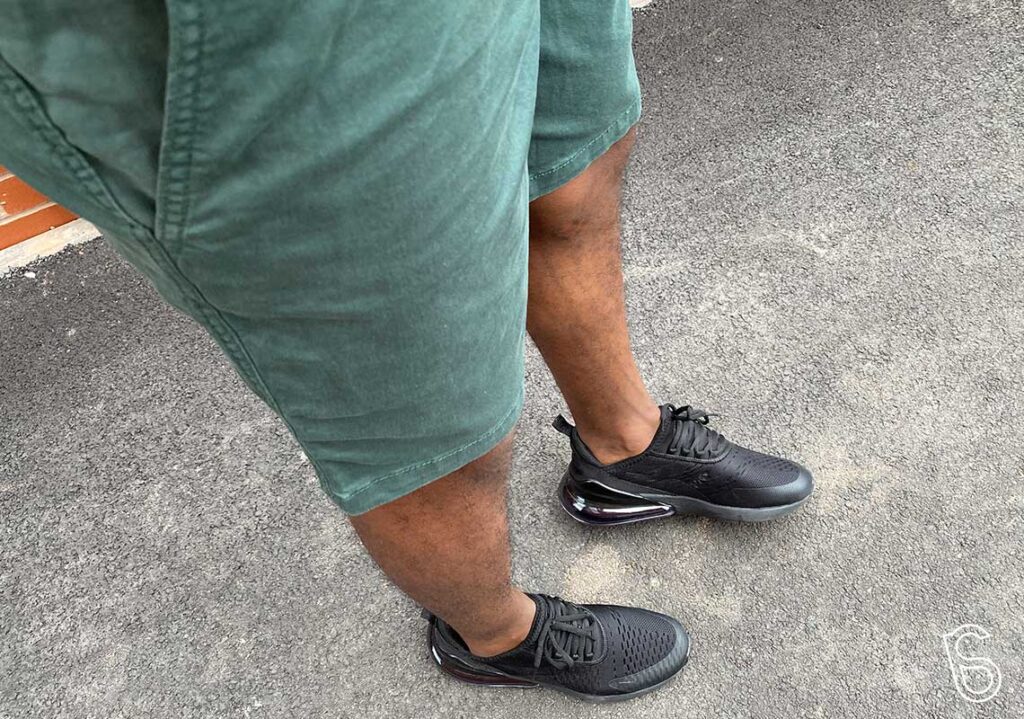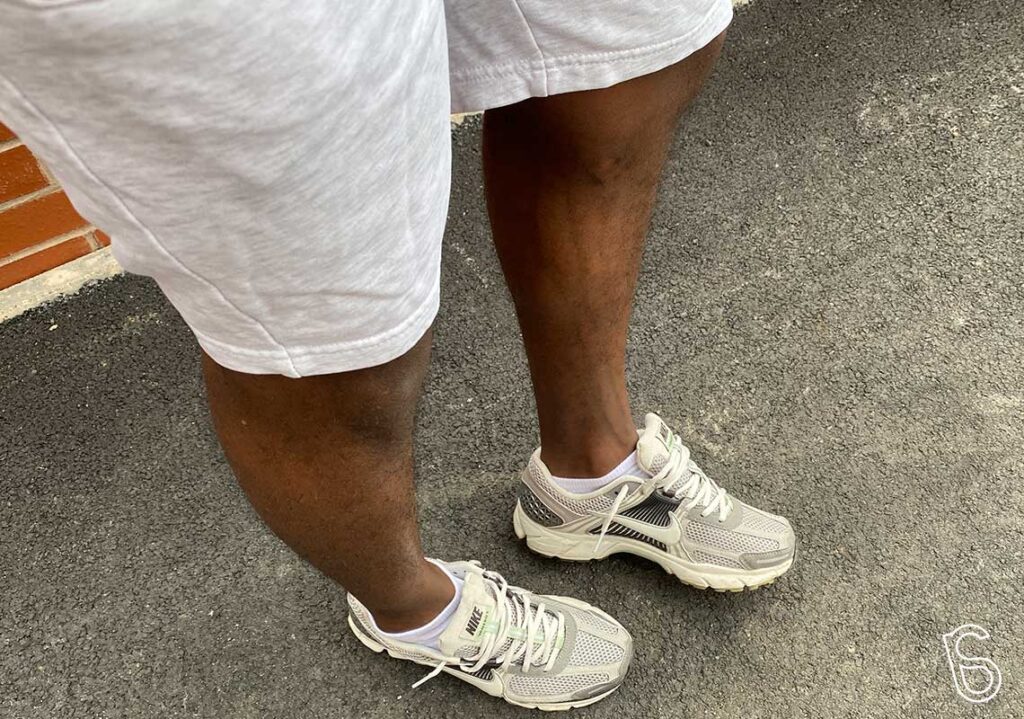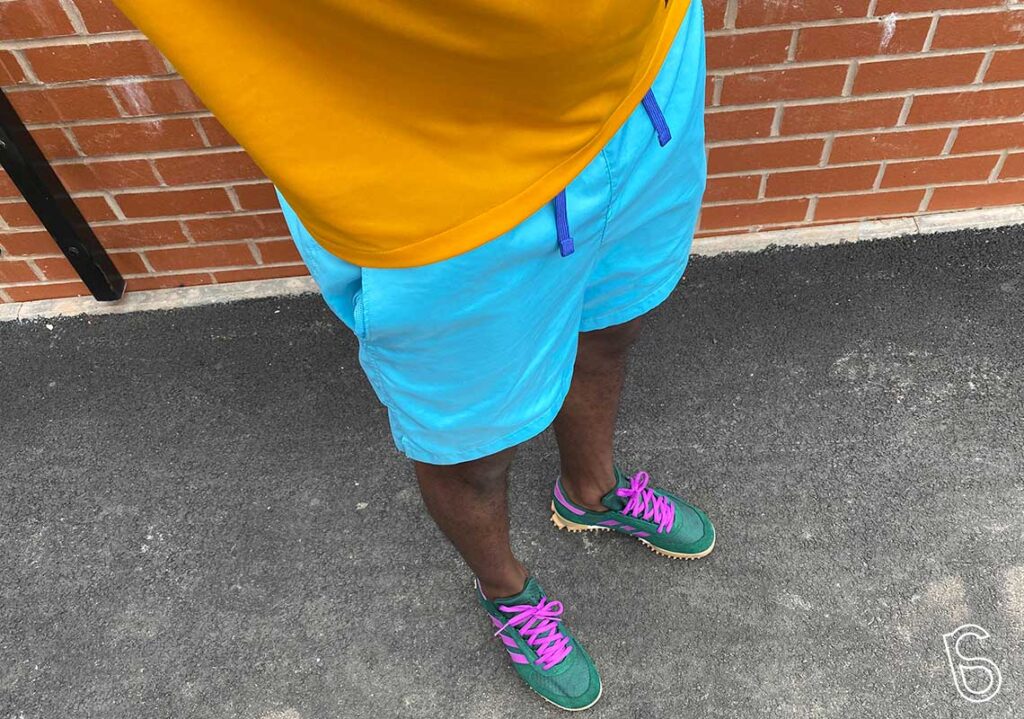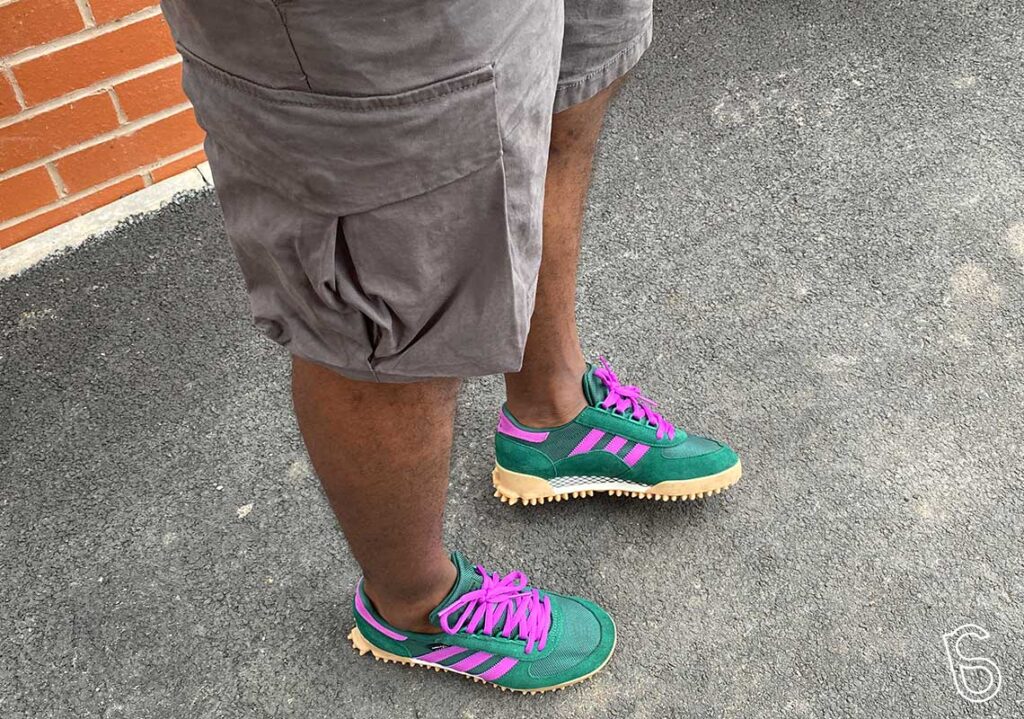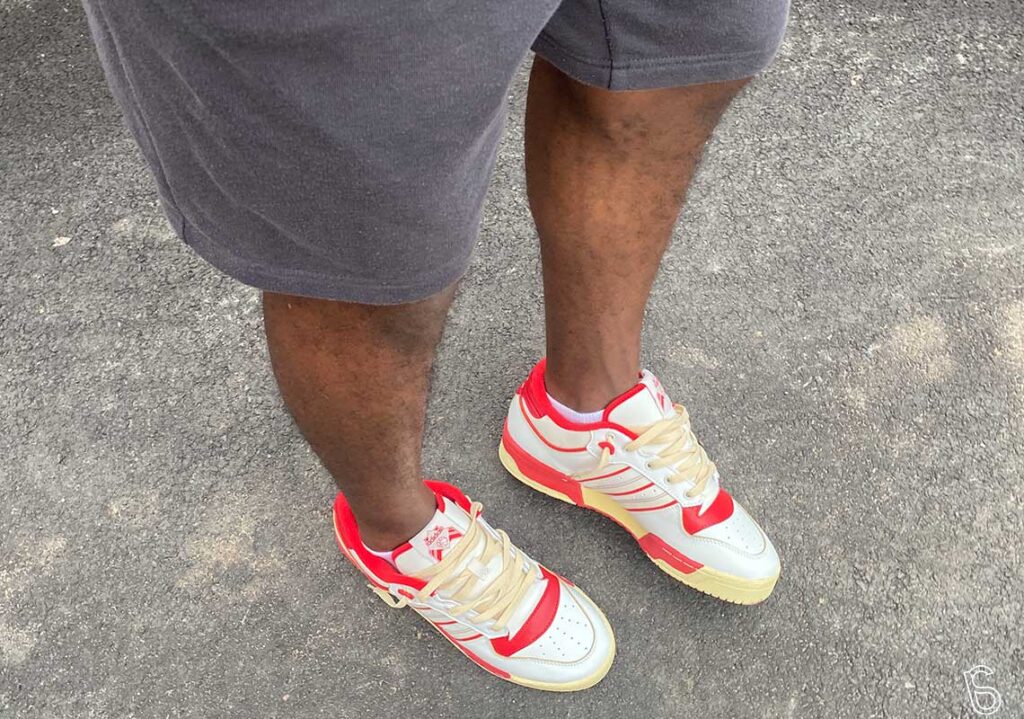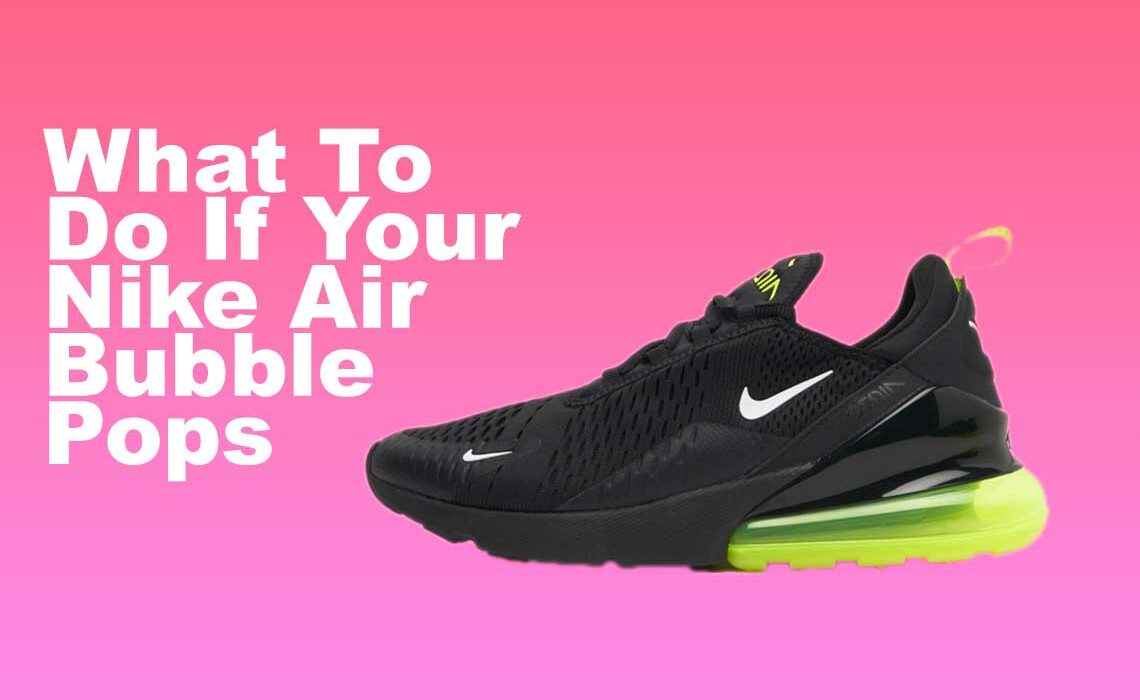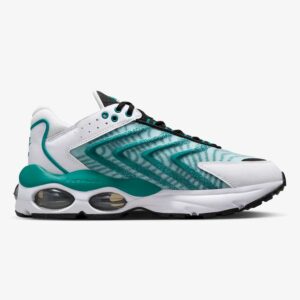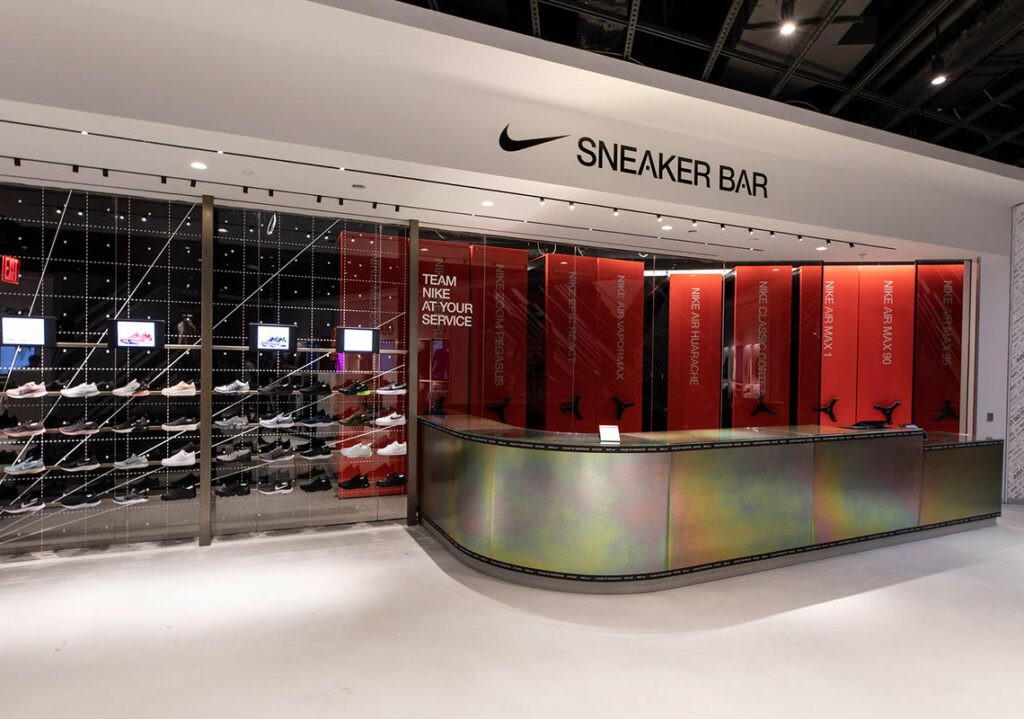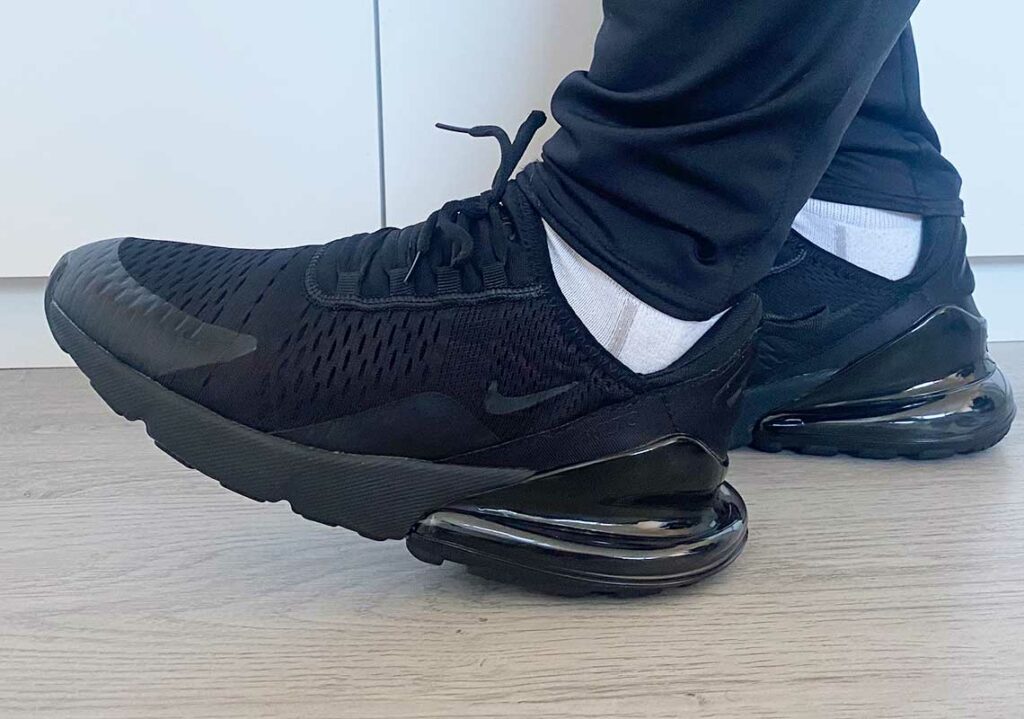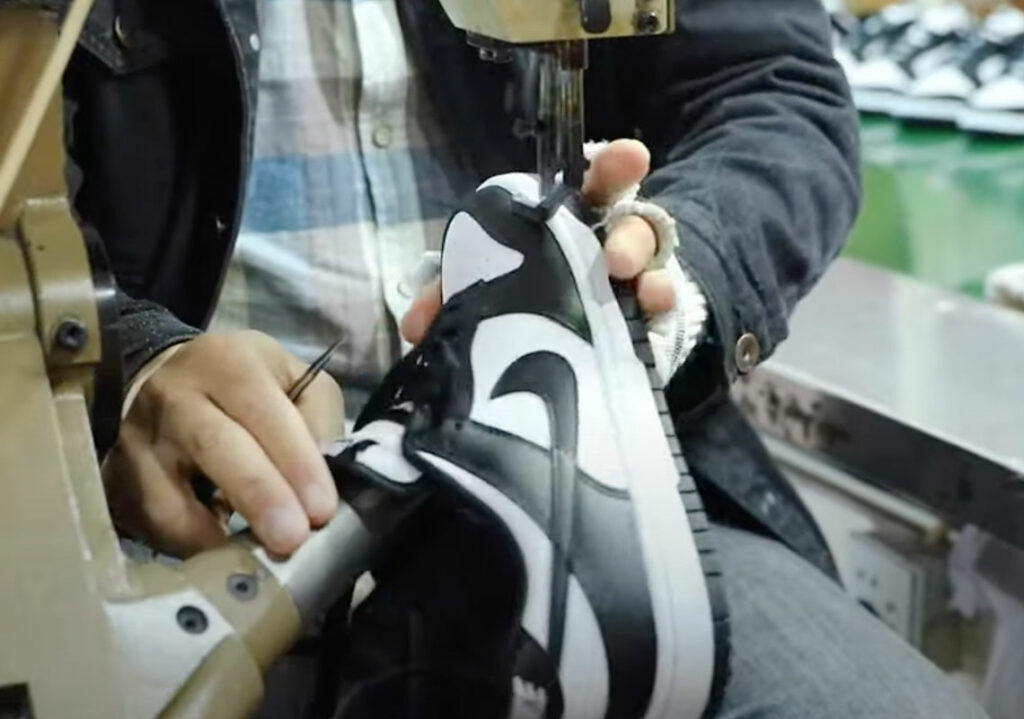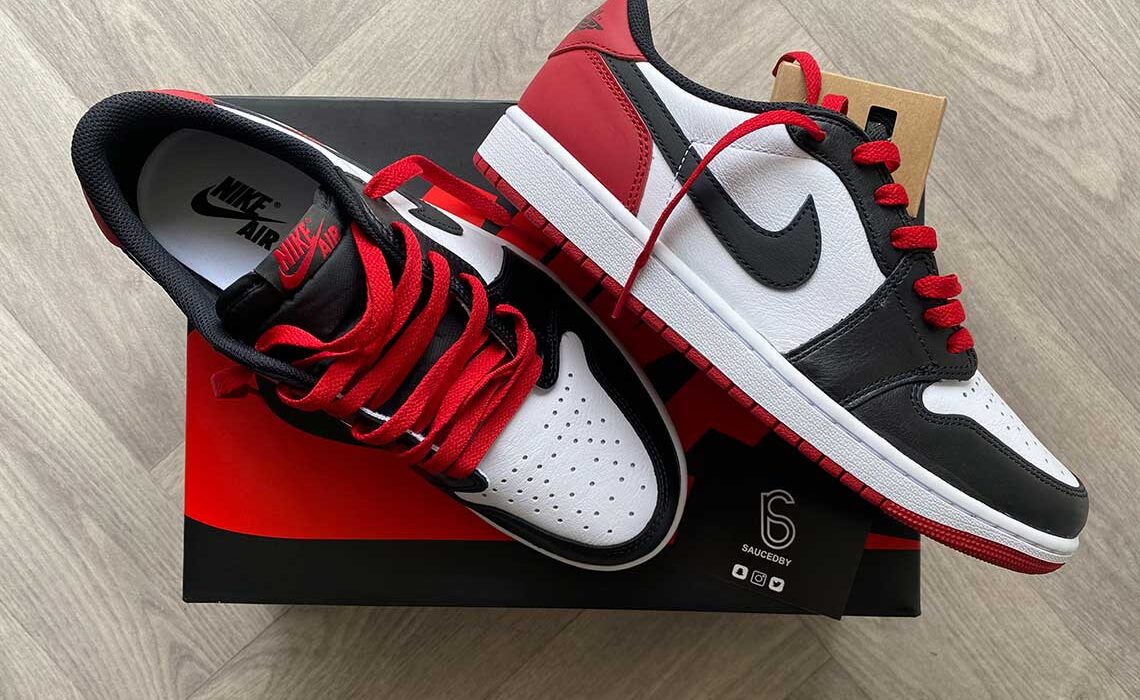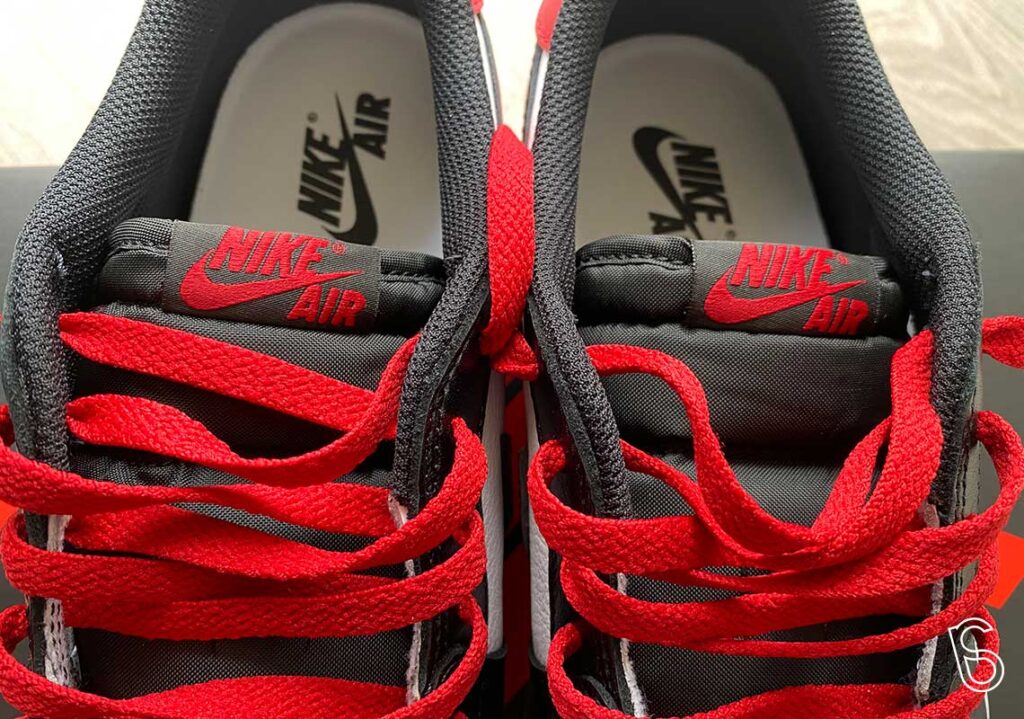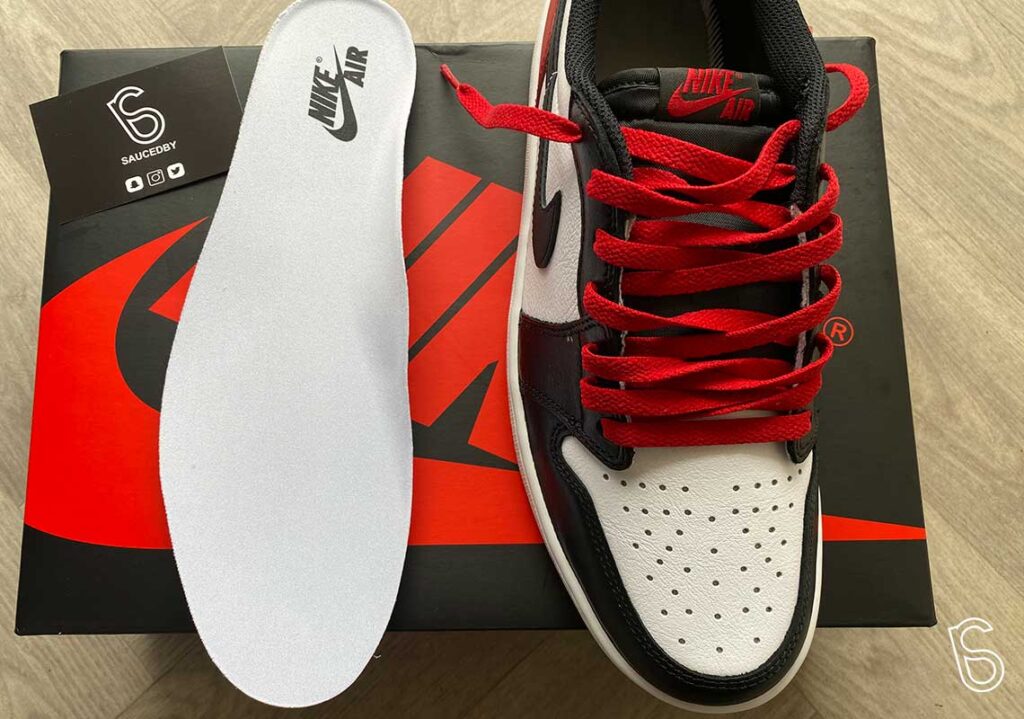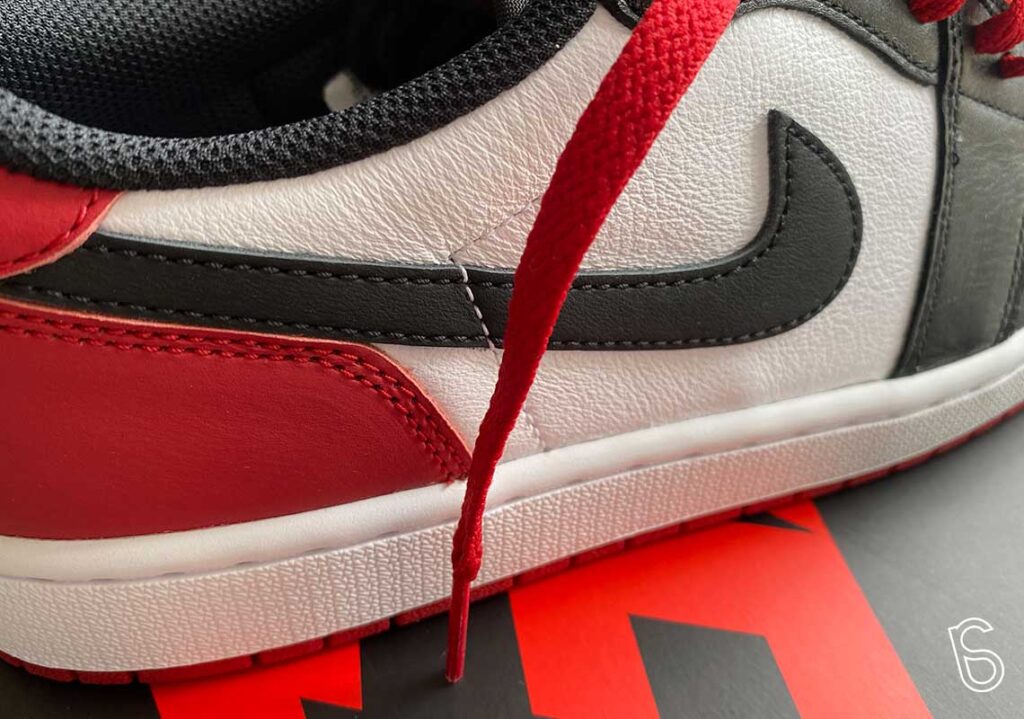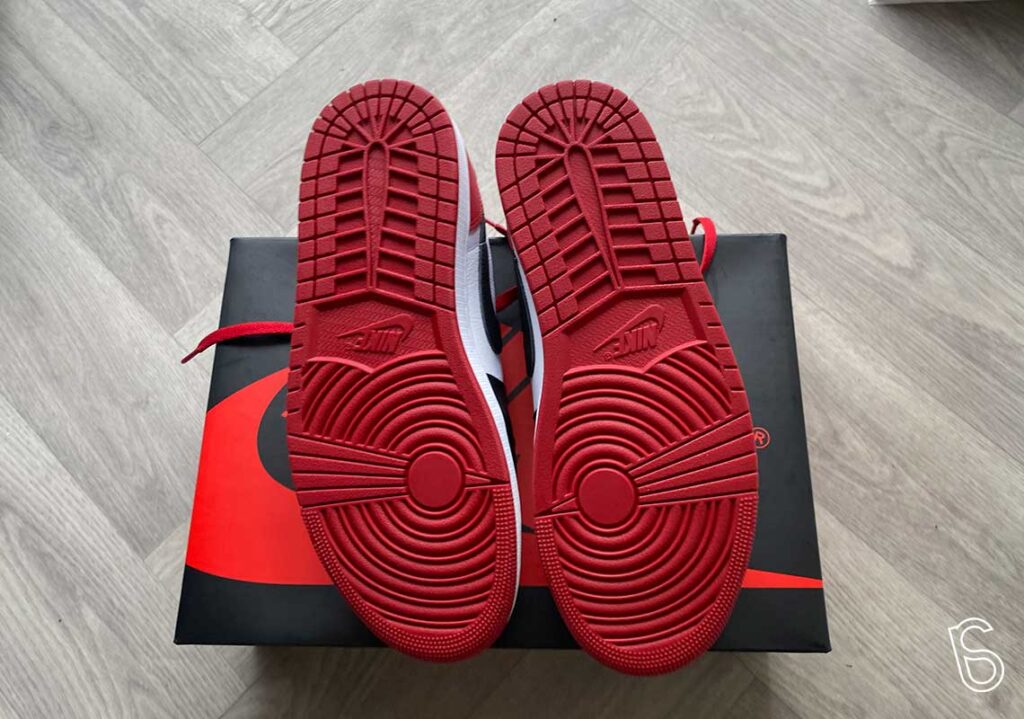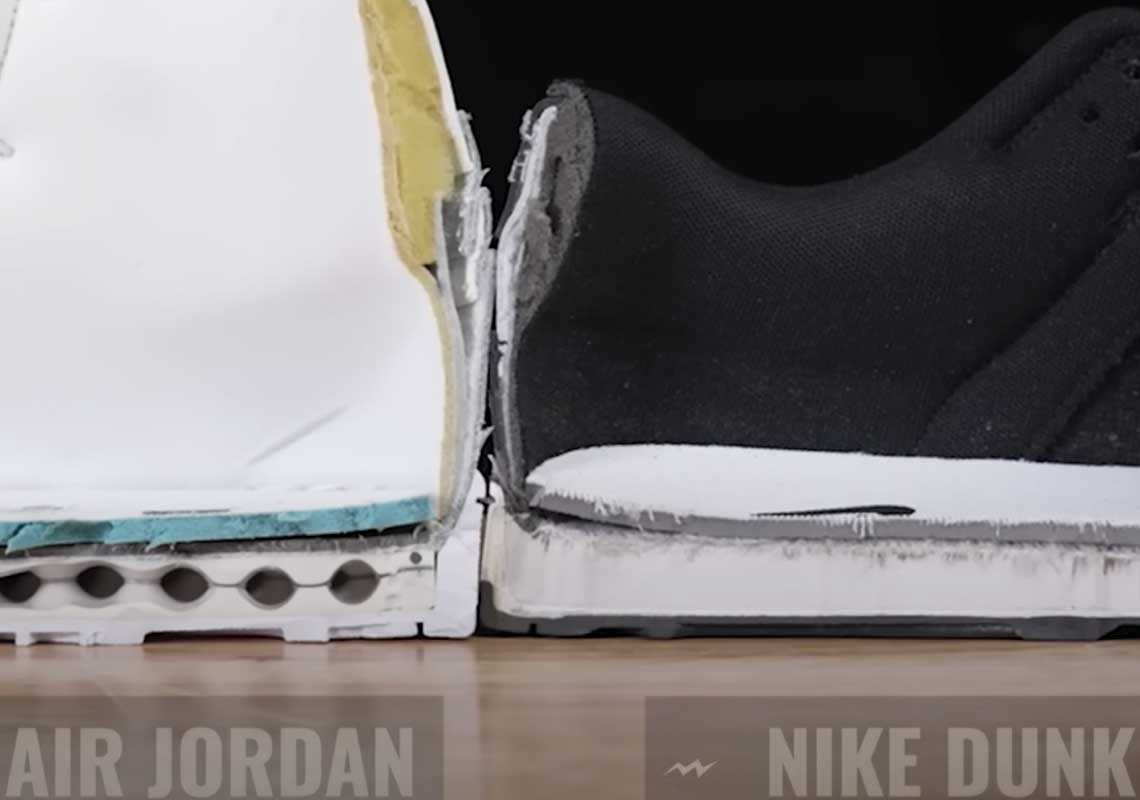Benefits of sneakers, what are they? You may ask. Sneakers are more than just footwear. They’ve evolved into a comfort, style, and personal expression symbol.
The benefits of sneakers are that they are lightweight and flexible, improve speed and agility, provide cushioning, match different outfits and support different foot types.
We’ll discuss their key features and how they stand apart from running shoes.
In this article, we’ll highlight:
- The extra benefits of sneakers.
- The versatility and comfort of sneakers.
- How they help you improve your health and fitness.
- The role of sneakers in expressing your personality and style.
- History of sneakers.
Benefits of Sneakers
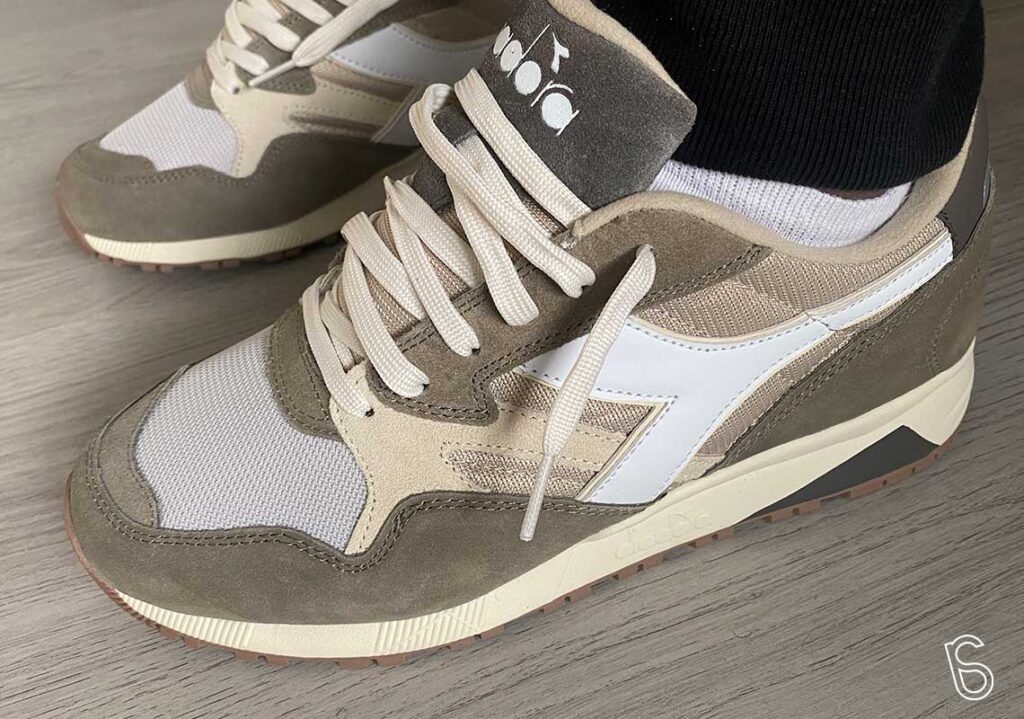
- Sneakers are lightweight and flexible, so they do not put too much pressure or strain on their feet. This can help prevent foot fatigue and injuries.
- Sneakers have smoother outsoles, which means they have less friction and resistance on the ground. Helps to improve speed and agility.
- Sneakers provide cushioning and maximum stability for the feet, which means they absorb the shock and impact of walking or running.
- Sneakers can be chosen according to the style and preference of the wearer, which means they can match different outfits and occasions.
- Sneakers can also be chosen according to the shape and arch of the feet, which means they can provide more support and comfort for different foot types.
- Sneakers are versatile for everyday wear and various activities. Whether it’s a casual day out, a light hike, or a coffee run, sneakers are the go-to footwear that blends comfort with casual style.
Sneakers are comfortable and versatile
Sneakers have evolved from being a shoe to becoming a culture and lifestyle.
Adidas BOOST footwear technology provides endless energy, comfort and responsiveness.
What is it? A revolutionary foam midsole.
How it works? Boost features thousands of visible energy capsules that store and unleash endless energy every time your foot hits the ground.
Sneakers can improve your health and fitness
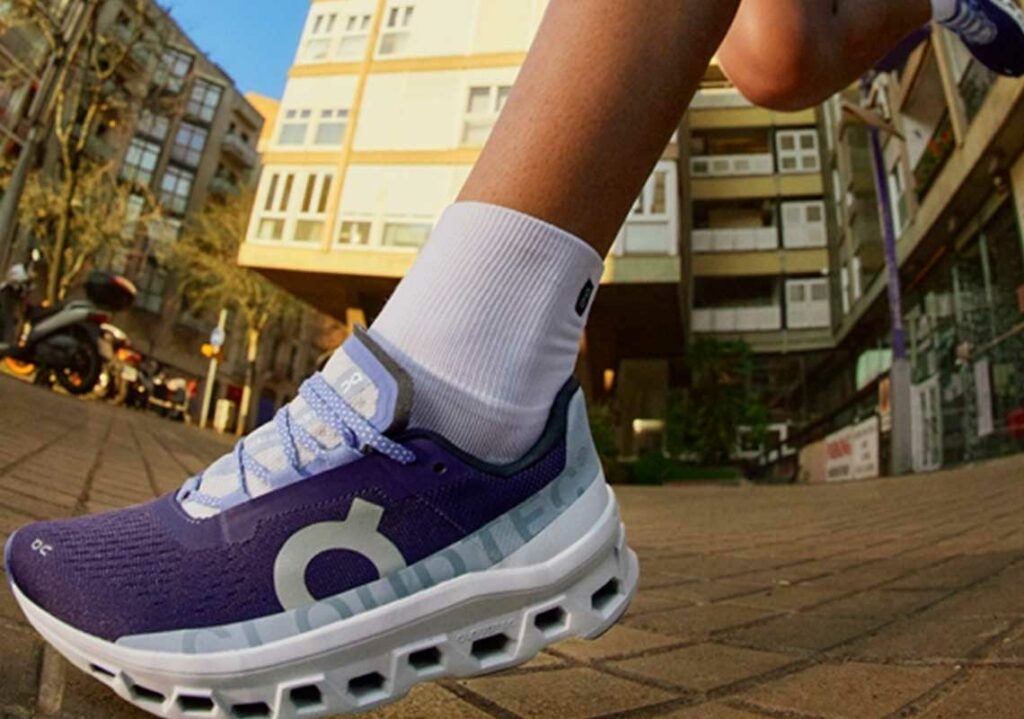
Sneakers are more than just fashion statements; they help you reach your goals.
Sneakers provide crucial support, absorb shock, and promote proper alignment, reducing the risk of injuries.
As a sneaker reviewer, I have worn and tested many sneakers. I have learned that the time of day when I try on new sneakers is very important.
It depends on what I will use them for hiking, exercise, or running.
Here is a link to a pair of sneakers that I recently tested out while working out: Nike Air Max TW.
Sneakers can express your personality and style
Remember when you wore your favourite pair of sneakers and got a compliment from a stranger?
Sneakers aren’t just about comfort; they’re a canvas for your personality and style.
Virgil Abloh’s The Ten collection shows how sneakers can express personality and style. He gave iconic Nike sneakers an urban, off-white makeover, creating something new and original.
Difference between sneakers and running shoes
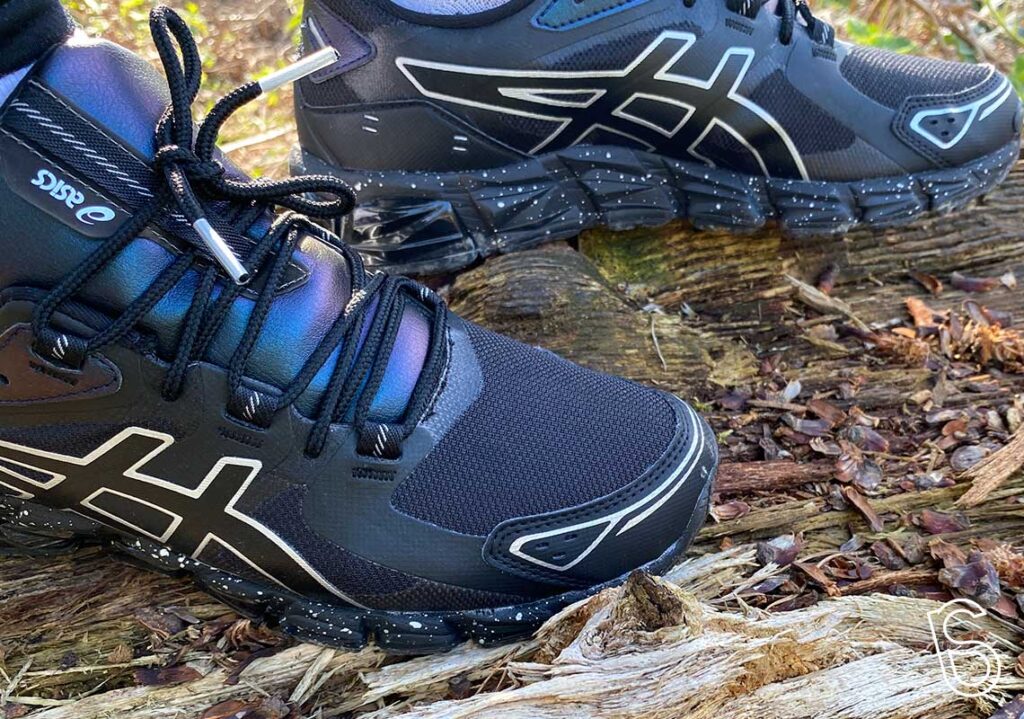
Sneakers are more than just shoes. They are platforms for brands to showcase their product technology and innovation.
They are also expressions of personal style and identity, with customisation options and a thriving custom sneaker market.
Sneakers are not just a fashion choice but also a smart one. They provide various benefits for activities and lifestyles, such as support, safety, and comfort.
Sneakers can help you enjoy exploring without hurting your feet, whether running, hiking, dancing, or just walking.
They have become fashion symbols, attracting luxury brands and celebrities. Sneakers combine comfort, style, and personal expression uniquely.
Running Shoes
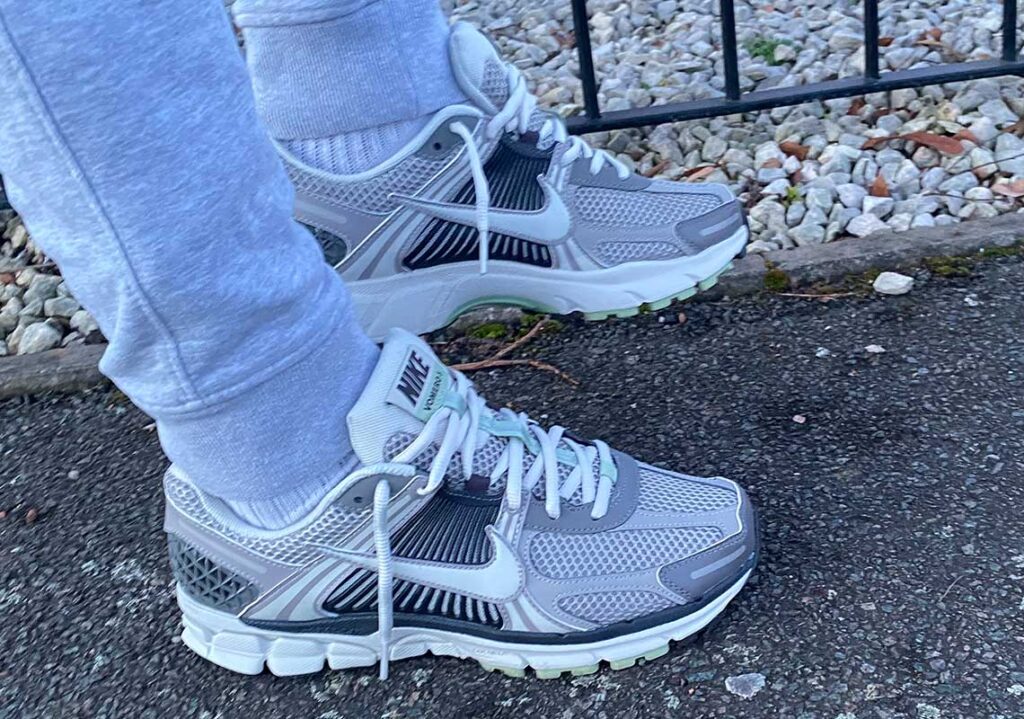
Running shoes cushion your feet and joints from the high-impact forces of running, which can be 2.5 times your body weight.
They are designed for this purpose, unlike other shoes that are likely to cause pain, injuries, or blisters when you run with them.
History and evolution of sneakers

Sneakers reveal a lot about you… Imagine the 1800s, when people wore stiff, uncomfortable shoes.
Then came sneakers; the U.S. Rubber Company created them around 1892. They had rubber soles and suited different sports and activities.
People called them “sneakers” because they made no sound. You could sneak around in comfort and style!
Types of sneakers
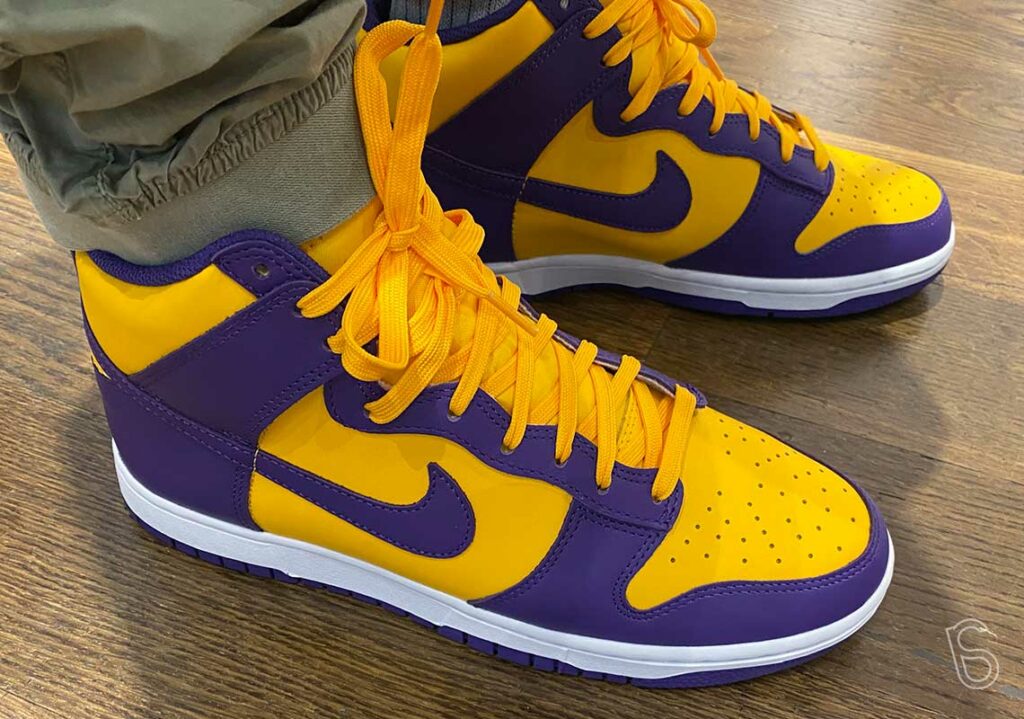
Sneakers are as diverse as a box of crayons. You’ve got classic low-tops, high-tops, and slip-on for those days when laces feel like a chore.
Low tops do not cover ankles. They are light and flexible and give more foot movement. They are good for casual wear and sports like tennis, skateboarding, or running.
Mids cover ankles partly or fully. They are more durable and stable than low-tops, protecting and supporting ankles more. They are good for sports like basketball, volleyball, or hiking.
High tops go over the ankles. They are the heaviest and most rigid sneakers and protect and support ankles the most. They are good for sports like boxing and wrestling.
Slip-ons are sneakers that do not have laces or straps. They are usually very easy to put on and take off, offering comfort and convenience for the feet.
Sneakers and running shoes
Here’s the deal: essentially, all running shoes are a type of sneaker, but not all sneakers are running shoes.
Running shoes are designed with the specific purpose of performance and endurance. From specialised cushioning and support for different terrains, whether track or field.
Sneakers are versatile all-rounders, from gym sessions to casual everyday use, emphasising style over functionality.
Some of the benefits of sneakers are that they are comfortable, durable, and fashionable. Running shoes can protect your feet from injuries and improve your posture.
Popular and iconic sneakers
Asics Gel Quantum 180 Trainer
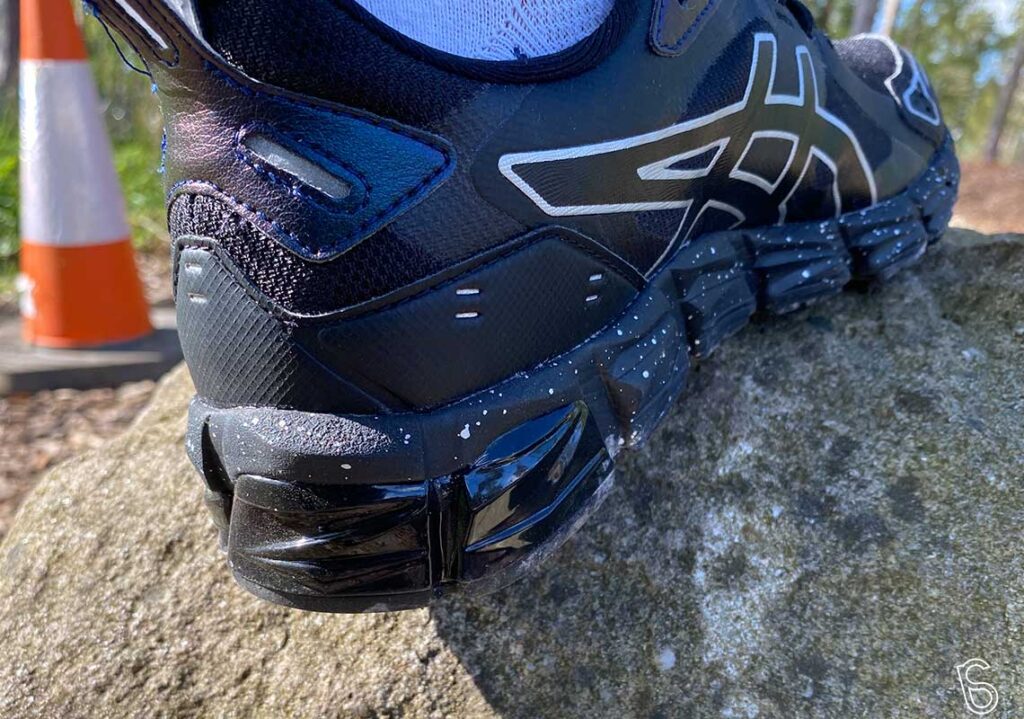
This sneaker appeals to walkers who want comfort, durability, and versatility on any terrain.
The Asics Gel Quantum 180 is a versatile walking shoe that can handle any terrain. It has a cushioned heel, easy-clean upper, and grippy sole.
New Balance 530
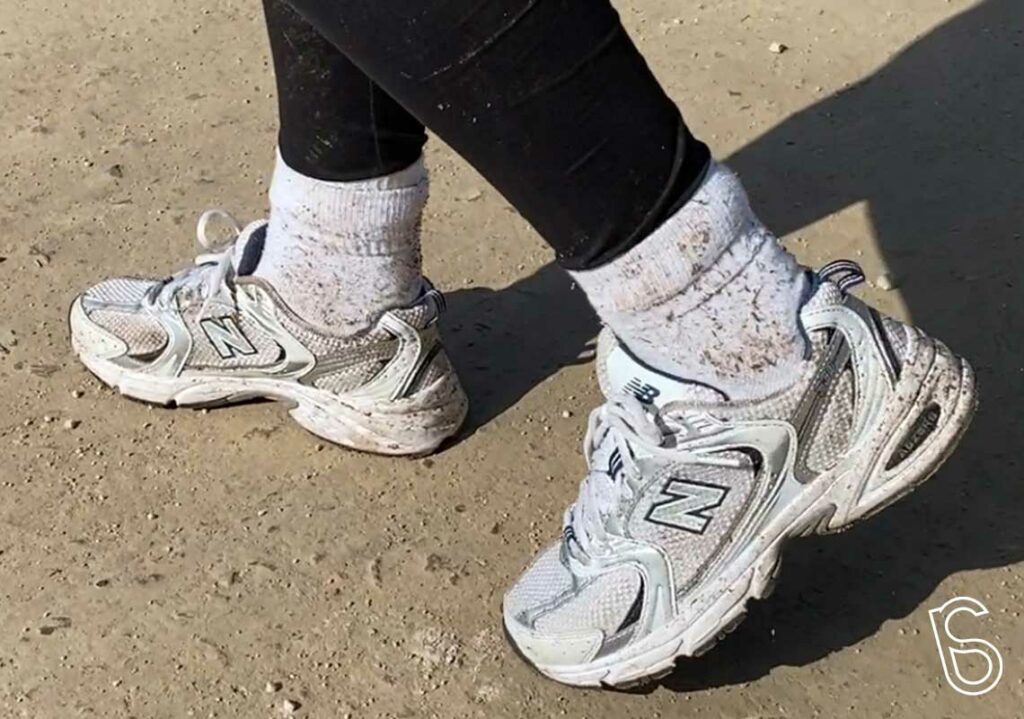
This sneaker appeals to retro fans who love the early 2000s style and design.
The New Balance 530 combines retro and modern design elements from early 2000s running shoes. It has breathable vents, round and roomy edges, and a shock-absorbing midsole.
Read more about the New Balance 530 with our in-depth review of fit, sizing and style tips.
Nike Air Max TW
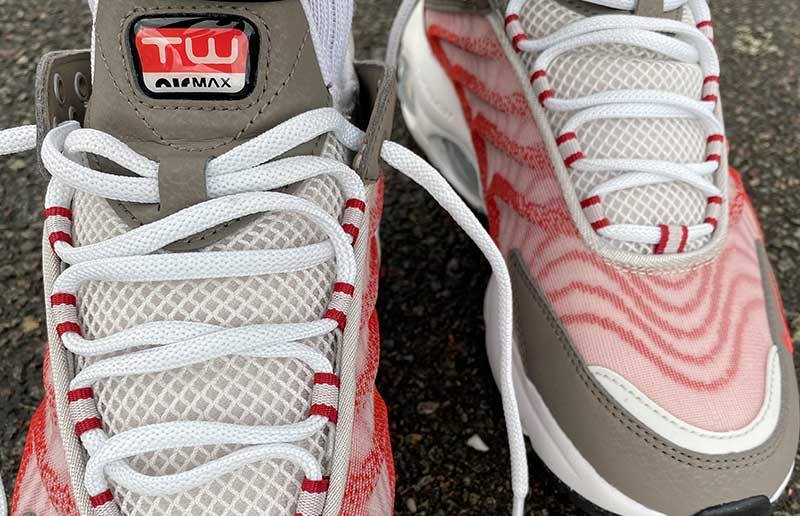
This sneaker appeals to sneakerheads who value a sleek look and a cushioned feel.
The Nike Air Max TW has a smooth upper panel and premium material overlays for a sleek look. It features an “Air Bubble” heel for comfort, stability, and shock absorption. It also has a lace-up glove for a secure fit.
Read more about the Nike Air Max TW with our in-depth review.
How to choose the right sneakers

To choose the right sneakers, consider your surface, purpose, feet type, and fit.
- Know your surface
There are different sneakers and running shoes suited for different surfaces.
- Purpose
Choose your sneakers according to your goals, preferences, comfort and fit.
- Feet type
Your arch height can affect the way your foot rolls (pronation).
- Determine your arch type.
Low arch: Your foot shape is almost fully filled in, with no noticeable inward curve in the centre.
Normal arch: Your foot shape has a half-filled arch with a curve along it.
High arch: Your foot shape only shows your heel, toes, and ball of your foot, with little or no contact along the outside edge. - Pronation
A natural movement of the foot refers to the way the foot rolls inward upon landing during walking or running.
Underpronation: Your outer heel strikes the ground at a greater angle, and your foot barely rolls inward. This causes more shock to your lower leg and pressure on your small toes and outer foot.
Neutral: Your outer heel lands first, and your foot rolls inward evenly, absorbing the shock and supporting your weight. You have even pressure distribution on the front of your foot during push-off.
Overpronation: Your outer heel lands first, and your foot rolls inward too much, shifting your weight to the inner edge of your foot. Your big and second toes do most of the work during push-off. - Make sure they fit.
Time of day – Your feet tend to swell throughout the day, so it is recommended to buy shoes towards the end of the day.
Shoe size – Pick a running shoe half a size bigger than normal. Your toes should wiggle and have 0.5-inch space from the front.
Wear with the gear – Wear your usual running socks and orthotics when trying on shoes. They can affect the fit.
Comfit and fit – Try on the shoes and adjust the fit. It should be snug but not tight. Walk around and feel for any rough spots inside.
Consider your purpose and preference
First things first, why are you strapping on those sneakers? Are you hitting the gym, going for a hike, or just aiming for that effortlessly cool look?
Your purpose and personal style will guide you to the right type of sneaker.
Check the fit, quality, and durability
Quality matters, too – you want sneakers that can keep up with your adventures. And let’s not forget durability; your sneakers should be in it for the long haul, not a one-hit wonder.
Compare the price, value, and reviews
While that limited edition sneaker might tempt you, price doesn’t always equal value.
Do your research, watch reviews, and assess whether those sneakers are worth the investment.
Conclusion
Sneakers are not just shoes. They are a statement of your personality, lifestyle, and taste.
There is a sneaker, whether you want to run faster, feel comfortable, look fashionable, or express yourself.
So what are you waiting for? Go ahead and find your perfect pair of sneakers today!


